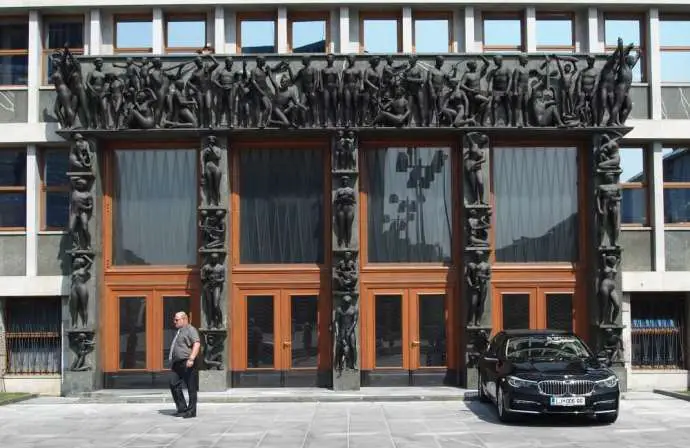STA, 7 July 2021 - The National Assembly passed on Wednesday amendments to the communicable diseases act after the Constitutional Court declared parts of the act and by extension the measures introduced during the epidemic unconstitutional.
The amended act determines that expert assessments are required for some measures, and that certain indicators must be taken into account when restrictions are adopted. It also introduces curbs on the duration and location of the measures.
In case of restrictions that would strongly affect human rights and fundamental freedoms, there will be a special mechanism under which individual measures in place for more than 90 days can only be extended by the National Assembly.
This comes after the Constitutional Court declared parts of the communicable diseases act allowing the government to restrict movement and public assembly unconstitutional at the beginning of June, and annulled the government decrees that were based on this law.
It said the act was unconstitutional because it gave the government too much leeway in the ways, types, scope and duration of restrictions that strongly interfered with the freedom of movement.
The amendments were passed in a partisan 44:42 vote.
The coalition defended the legislation as necessary to have measures in place before the next wave of the coronavirus pandemic hits. It said the wording was in full compliance with the Constitutional Court decision.
Jožef Horvat of New Slovenia (NSi), dismissing complaints that more debate was needed, said on Tuesday the Constitutional Court had given the legislature a clear deadline to implement the changes.
The centre-left opposition on the other hand claimed that instead of addressing the Constitutional Court's concerns about encroachment on fundamental rights, the government had now merely given itself unfettered powers.
Dejan Židan of the Social Democrats (SD) wondered if Slovenians really wished to live in a country in which the government was allowed to declare a state of emergency for an indefinite time.







